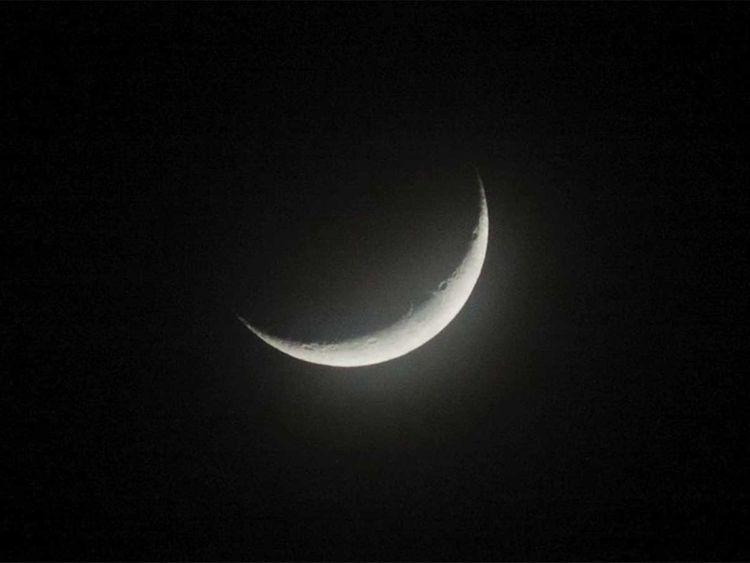Muslims worldwide are set to commence the holy month of Ramadan on Monday, March 11, 2024, as the Crescent Moon was sighted in Saudi Arabia.
The announcement was made by the Saudi Supreme Court, marking the beginning of the sacred month in the Islamic lunar calendar, 1445.
Earlier, Muslim communities globally were alerted to report the sighting of the moon, a crucial event signifying the commencement of Ramadan, a month of piety and sacrifice in the Islamic faith.
In Nigeria, the Sultan of Sokoto, His Eminence Saa’d Abubakar III, who serves as the President-General of the Nigeria Supreme Council for Islamic Affairs (NSCIA), urged the faithful to be vigilant in spotting the moon.
The sighting of the Crescent Moon on Sunday signifies the initiation of the Ramadhān period, starting from midnight with taraweeh prayers after Isha’i prayer.
Saudi Arabia confirmed the beginning of Ramadan on Monday, March 11, following the Crescent Moon sighting by the moon-sighting committee. The announcement came on the evening of Sunday, March 10, which also marked the conclusion of the Islamic month of Sha’ban.
The Islamic calendar operates with months spanning either 29 or 30 days, determined by the sighting of the Moon. With the Moon sighted on Sunday evening, the preceding month in the Hijri calendar, Sha’ban, ended at 29 days. As a result, Ramadan 1 falls on March 11, marking the commencement of Ramadhān 1445 fasting.
Ramadan, the ninth month of the Islamic calendar, extends for 720 hours, equivalent to four weeks and two days.
During this period, followers of Islam fast from dawn to sunset, engage in prayers for peace and guidance, contribute to the community through charity or zakaat, and participate in humanitarian activities such as feeding the underprivileged while reflecting on spiritual enlightenment.
The dates for Ramadan vary annually as the Islamic calendar relies on the lunar cycle, with starting and ending dates determined by the sighting of the crescent moon.











